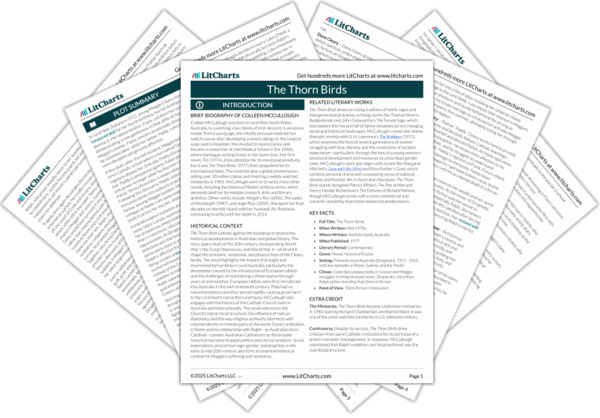Unlike Dane, who seeks spiritual purity, Justine is grounded in the physical world—passionate, ambitious, and fiercely independent. For her, Dane’s rejection of sensual experience is a betrayal of his own humanity. His physical beauty, which she sees as a gift, becomes a point of frustration because Dane treats it almost like a burden. His constant physical exertion suggests a struggle to escape desires he cannot fully embrace, and this tension alienates him from Justine, who values experience and self-expression.
